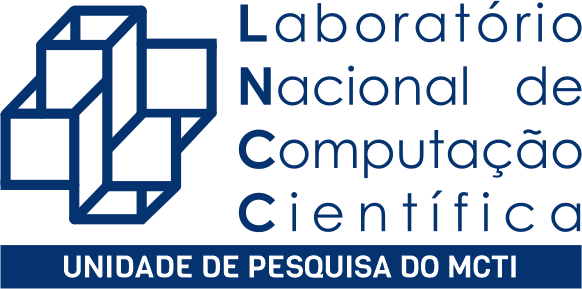EVENTO
CAR-T Cell Immunotherapy in Hematological Cancers Insights from Mathematical Models
Tipo de evento: Defesa de Tese de Doutorado
Chimeric Antigen Receptor (CAR)-T cell immunotherapy represents a great advance in the fight against cancer. This therapy aims to increase the ability of T lymphocytes to recognize tumor cells that express specific antigens. This improvement is due to the genetic modification of these cells, through the insertion of the antigen-specific CAR gene. Despite expressive complete response rates, many patients still suffer a relapse and/or become resistant to therapy within the first few years. The barriers that prevent therapy effectiveness are not completely understood but are related to patient-specific and product heterogeneities and antigen escape, among other issues. In this research project, we focus on studying CAR-T cell immunotherapy responses against hematological cancers. We have developed mathematical models for describing the dynamics of CART cells in both immunodeficient mice and patients, contributing to the advancement of preclinical and clinical research and obtaining more adequate clinical indicators to evaluate therapy outcomes. Specifically, we have first developed the CARTmath software, an in silico platform for preclinical studies through a three-compartmental model. This model encompasses interactions between tumor and CAR-T cells (effector and long-term memory) and accounts for several phenomena such as tumor-induced immunosuppression effects and conversion of memory into effector CAR-T cells in the presence of new tumor cells. Our model could represent different immunotherapy scenarios, with different CAR receptors, and tumor targets reported in the literature. Further analysis also showed that therapy effectiveness mostly depends on some individual specific parameters such as the differentiation of effector to memory CAR-T cells, CAR-T cell cytotoxic capacity, tumor growth rate, and tumor-induced immunosuppression. We have extended this model to describe the CAR-T immunotherapy for hematological cancers in patients, considering different CAR-T cell phenotypes, including engraftment of functional CAR-T cells, memory CAR-T cells, which can be converted to the effector phenotype, and loss of functional capacity when converted to exhausted CAR-T cells. By fitting the model to patient data with different types of hematologic neoplasms and therapy outcomes, we have analyzed and evaluated the role of phenotypic differentiation on the dynamics and several kinetic parameters to identify those that best characterize long-term responses. Our results indicate that the joint assessment of the area under the concentration-time curve in the first 28 days and the corresponding fraction of non-exhausted CAR-T cells may be considered a potential marker to classify therapy responses. It is known that CAR-T cells also attack healthy cells that express the target antigen, such as healthy B cells. B cell aplasia is an indicator of the persistence and functionality of CAR-T cells. Thus, we have included these cells in the model to contribute to a better understanding of how healthy cells that express the target antigen (by modulating CAR-T cell proliferation and cytotoxicity) can influence the dynamics of CAR-T cells in heterogeneous response groups, characterizing the corresponding kinetic profiles. In this way, our developments can be used as accessory tools for in silico experiments that can contribute to optimizing experimental research and understanding the role of patient-specific variability on the success of the therapy. Overall, the developed models may help to shed light on the structure of the treatment and to better understand the challenges that remain in using and developing CAR-T cell immunotherapy. Para assistir acesse:https://us02web.zoom.us/webinar/register/WN_8k3n5Dw7S-a3lej1MvDKCw
Data Início: 22/05/2023 Hora: 09:00 Data Fim: 22/05/2023 Hora: 12:00
Local: LNCC - Laboratório Nacional de Computação Ciêntifica - Webinar
Aluno: Emanuelle Arantes Paixão - - LNCC
Orientador: Artur Fassoni - Universidade Federal de Itajubá - Luciana Carvalho Barros - - Regina Célia Cerqueira de Almeida - Laboratório Nacional de Computação Científica - LNCC
Participante Banca Examinadora: Abimael Fernando Dourado Loula - Laboratório Nacional de Computação Científica - LNCC Luciane Prioli Ciapina - Laboratório Nacional de Computação Científica - LNCC Martin Hernan Bonamino - Instituto Nacional de Câncer - INCA Otávio Cabral Marques - Universidade de São Paulo - FCF/USP Rafael Alves Bonfim de Queiroz - Universidade Federal de Ouro Preto - UFOP Regina Célia Cerqueira de Almeida - Laboratório Nacional de Computação Científica - LNCC
Suplente Banca Examinadora: Alvaro Luiz Gayoso de Azeredo Coutinho - Universidade Federal do Rio de Janeiro - COPPE/UFRJ Sandra Mara Cardoso Malta - Laboratório Nacional de Computação Científica - LNCC


